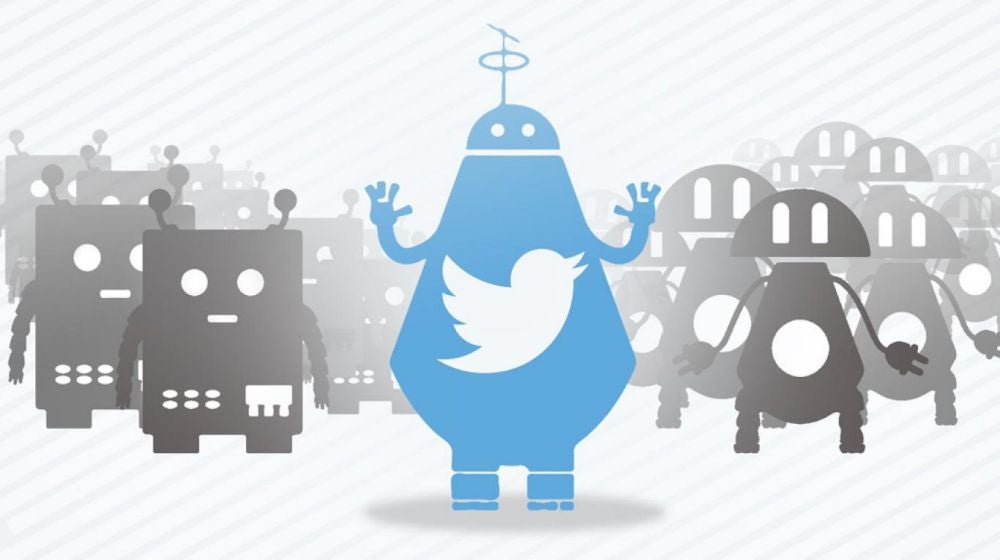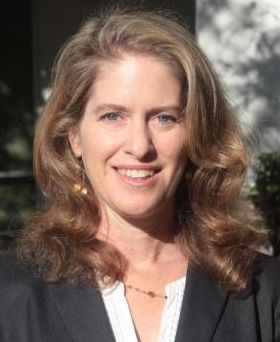
A Credible Proposition

It’s hard to escape fake news these days. Bogus information passed off as authoritative media seems ubiquitous, especially in politics. One of its consequences is the deep erosion of trust in traditional mass media news outlets in an era of social, political and geographical polarization.
Despite the perceived pervasiveness of the problem, researchers know little about its actual prevalence, effect on individuals, its spread through the impact of social bots (automated accounts impersonating humans) or humans, and its medium-to-long-run impact on political behavior.
Now, an article co-authored by a UC Santa Barbara scholar calls for an interdisciplinary approach “to reduce the spread of fake news and to address the underlying pathologies it has revealed.” In “The Science of Fake News,” published in the March 8 issue of Science, UCSB professor of communication Miriam Metzger and her co-authors lay out the problems and potential strategies for tackling fake news.
Metzger, who collaborates with fellow UCSB professor of communication Andrew Flanagin to research the credibility of information online, noted that fake news, by its very nature, presents real challenges to study. Roughly 47 percent of Americans get their news through social media, the article says, particularly Facebook, Twitter and Google.
How much fake news is being spread through those platforms? It’s difficult to say, according to Metzger. “The bottom line is we don’t actually know, and it’s hard for us to get the proper data to know for sure,” she explained. Platforms such as Facebook, Twitter and Google probably know, she says, “but are often not willing to share their data with researchers.”
The paper notes that social bots likely play an outsized role in the dissemination of fake news. Sharing content is one of the salient features of social media platforms, and this is where bots come into play. A recent study, based on observations of account behaviors and connections, estimates between 9 and 15 percent of active Twitter accounts are bots. Facebook, meanwhile, has estimated that 60 million bots infest the platform.
To get a handle on bots and their impact, Metzger said, the big social media platforms will need to become more transparent and work with researchers. But that’s unlikely, she explained.
“I’m not very optimistic that that will ever happen,” she said, “because they have their own reasons for protecting their data that are understandable, but we did try to use this Science paper as a way to say, ‘You know what, if fake news is a social problem, then they have a social responsibility to help us figure out solutions to this problem.’ ”
The paper looks at a number of ways to stanch the flow of fake news and the difficulties inherent in them. Fact-checking, for instance, seems logical, but research has shown people generally don’t question the validity of information unless it violates their beliefs or they’re rewarded for doing so. What’s more, repeating fake news, even in the context of correcting it, can reinforce it. In a sense, familiarity breeds acceptance.
Ultimately, the paper suggests, what’s needed is collaboration between industry and academia. Fake news is a multilayered phenomenon, Metzger said, that will require a multifaceted solution.
“Psychologists can study why people are susceptible to the effects of fake news; the information and computer scientists can study how it flows through information systems like Facebook, Twitter and even mainstream media; sociologists and journalists can look at institutions and what are the financial incentives for producing and disseminating this kind of information,” she explained.
“This is a very complex problem, and so it will require multiple perspectives to even understand and certainly to solve the problem, if it’s even solvable,” Metzger continued. “That really does underscore the need for interdisciplinary research, because such research enables scholars to look at different aspects of the fake news issue to think of the most creative and effective ways to combat it.”
The problem of fake news is the focus of a year-long set of activities organized by UCSB’s Center for Information Technology & Society, of which Metzger is a faculty affiliate.



